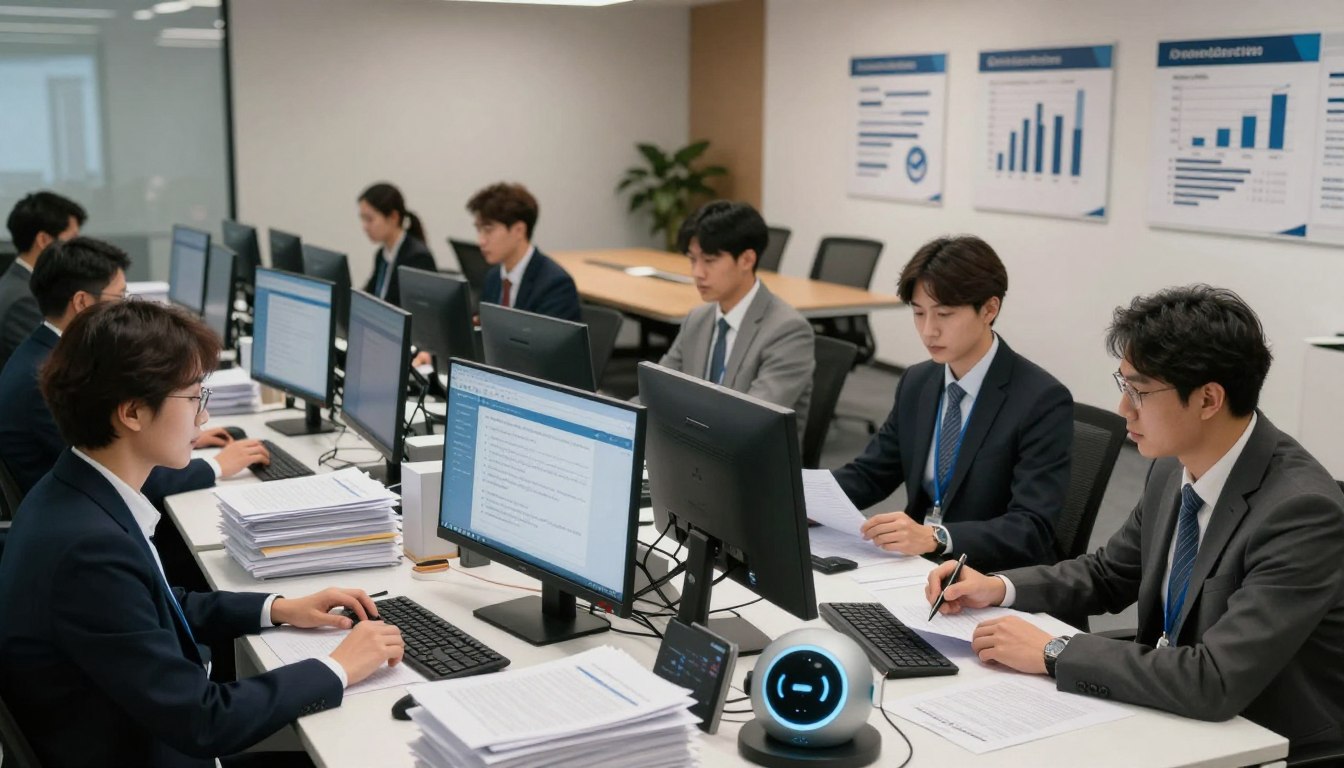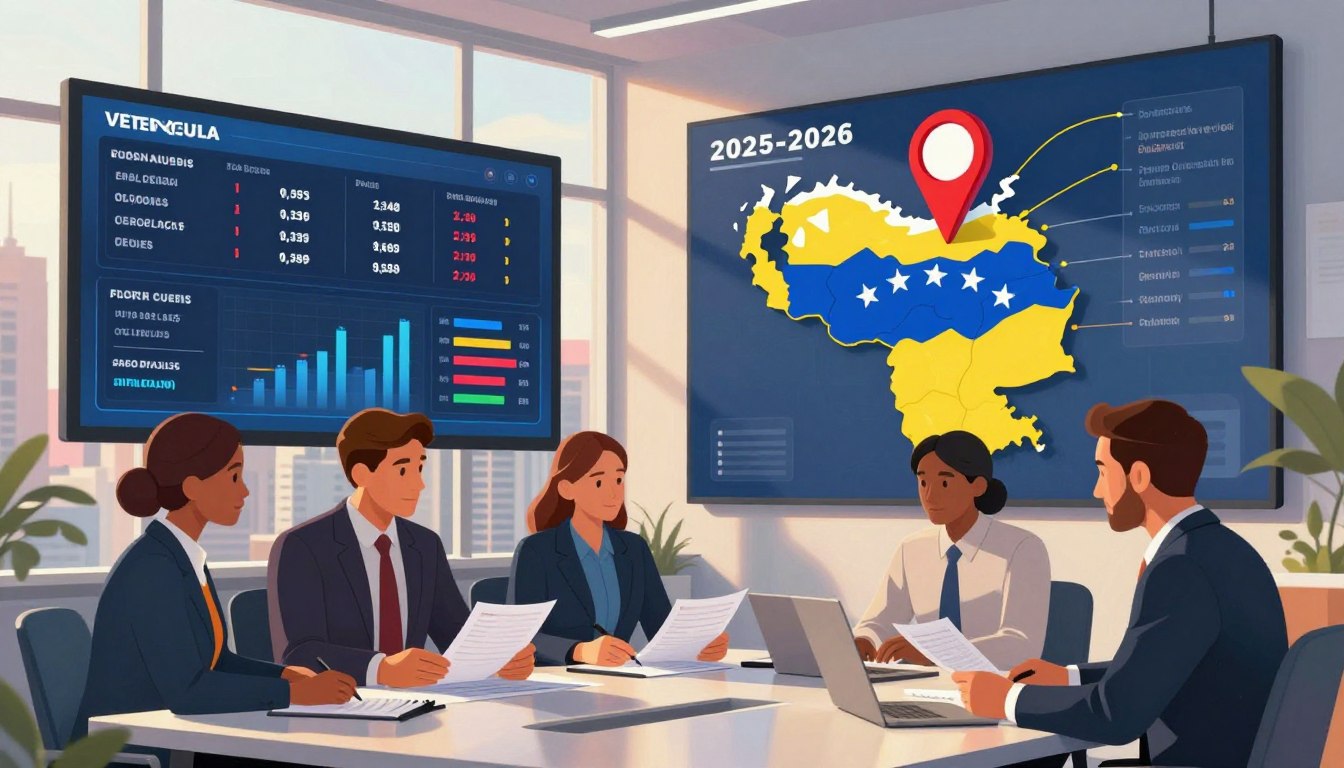by jiawen
Share
Share
As one of the key financial hubs in the world, Singapore has attracted many tech-savvy investors to hold cryptocurrencies in their investment portfolios. On the other hand, a group of companies are providing a trading platform to help other investors with cryptocurrency exchange. So, what are Singapore’s cryptocurrency regulations? Recently, the Monetary Authority of Singapore (MAS) has released the Payment Services (Amendment) Bill on 4 January 2021. It requires digital payment tokens (DPT) service providers to obtain a Payment Service Provider (PSP) licence and comply with AML/CFT requirements set by MAS.
Based on a recent news published on Bloomberg, since the commencement of PS Act in year 2020, MAS has received more than 300 applications from DPT service providers. As the industry is still in its infancy, MAS takes a very cautious approach in assessing the applicants’ internal policies and procedures to ensure that all the licensed service providers are able to meet the required standards. MAS has mentioned in a statement that failure to meet the AML/CFT standards and poor technology risk controls are the common reasons why the licence application get rejected. Hence, it is crucial for the licence applicants to comply with the regulatory standards and develop a strong technology risk management plan before applying for the licence.
Recent Updates
In August 2021, DBS Vickers is one of the first few applicants received the in-principal approval from MAS to operate as DPT service provider. This is indeed a good news to companies that have keen interest in the cryptocurrency market and intend to apply for a PSP licence with MAS. In brief, cryptocurrencies can gain mainstream acceptance and shape the future of Fintech when there are adequate security measures in place to manage the potential risks and vulnerabilities associated with the digital assets.
How We Can Help
In Alder, we help licence applicants to understand what admission criteria MAS is looking for and provide guidance to drive regulatory compliance, including:
- Offer Useful Advice on the Specific Licence Requirements
- Assist with the PSP Licence Application
- Review the Submission Documents (Form 1 and the supporting documents)
- Liaise with MAS on Licence Application-related matters
- Provide On-going Compliance Support Post-Licence Approval
Reference Materials
Ossinger, J. (2021). ‘Crypto Exchange Gets Singapore Nod on Digital Token Services’, Bloomberg, 2 August. Available at: https://www.bloomberg.com/news/articles/2021-08-02/crypto-exchange-gets-mas-in-principle-approval-for-dpt-services
Tan, N. L. (2021). ‘DBSV gets in-principle approval to provide trading services for digital payment tokens’, The Business Times, 12 August. Available at: https://www.businesstimes.com.sg/banking-finance/dbsv-gets-in-principle-approval-to-provide-trading-services-for-digital-payment
Explore SFO, MAS Licensed, CMS License requirements for 13O, 13U, and AML/CFT policy in Singapore.
Outsource your insurance broker's compliance needs to Alder - experts in MAS filings, AML/CFT, and Outsourced Compliance.
Venezuela-linked cases can trigger higher sanctions and AML/CFT risk. Alder supports Singapore firms with customer screening and outsourced compliance for peace of mind.
Compliance should not slow a fund down. We support VCFMs with right-sized, cost-efficient compliance that scales as you grow, so you can focus on investing while regulatory expectations are met.






